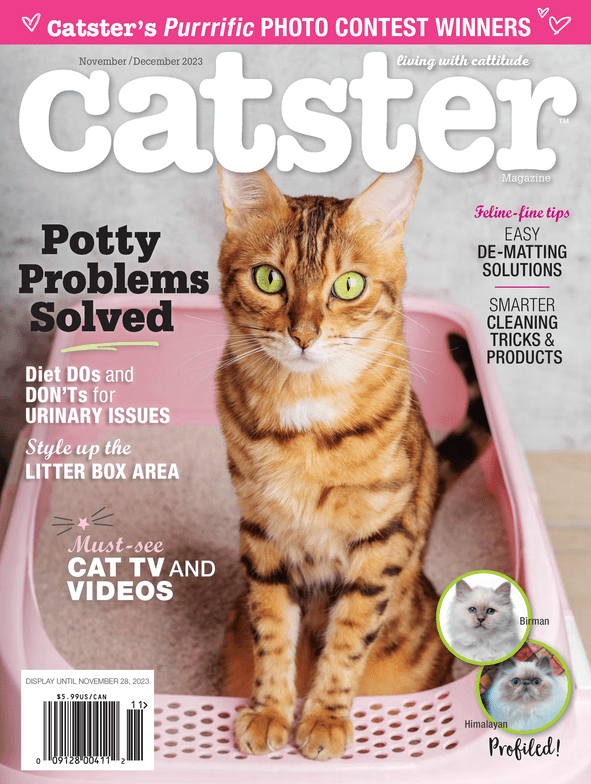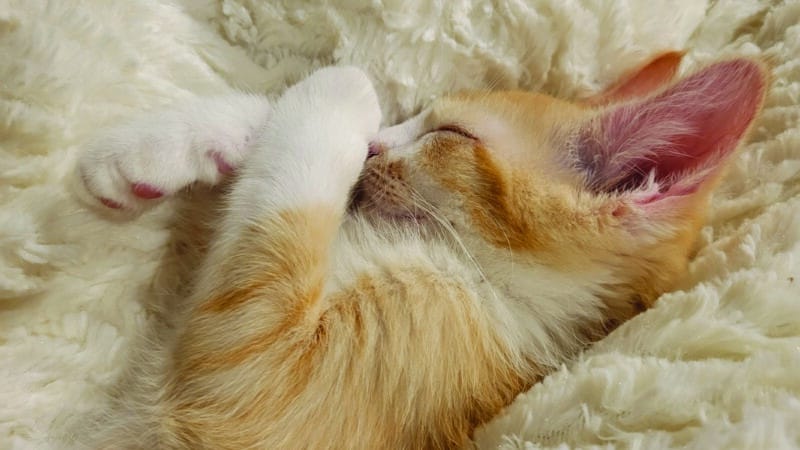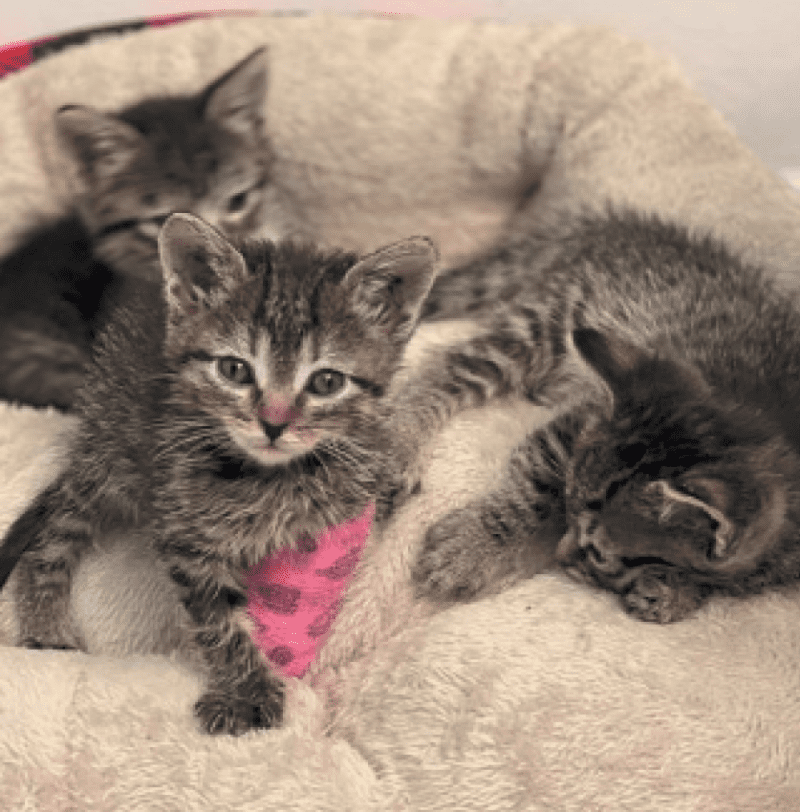Foster families can make or break a kitten’s ability to be adopted into a new home. This is one reason foster caretakers are so important for kittens that find themselves in shelters. Socializing is key to helping curious kittens become outgoing cats who will have an easy time finding their forever families. It also helps cats learn how to deal with the ordinary stresses of life.

Put simply, socializing is the process of creating positive experiences with a variety of stimuli. These include people of different ages and sexes, other animals, going to the vet, and being groomed. When kittens are exposed to a large range of different situations, they grow into less fearful and more outgoing cats.
There is a short “prime time” window for socialization. Kittens are most adaptable to new circumstances between the ages of two and seven weeks. This is the time when they should be introduced to an array of new people, pets and places. Kittens’ socialization period can extend to 14 weeks, but it might take a bit more time once you get past the seven-week mark.
There are three main types of experiences a kitten will need in order to be well socialized. He will need to learn about people, pets, and handling.

Socialization with people
Allow your kitten to meet with a variety of people: women and men, children and elders, people of different physical ability levels, and so on. Make sure those experiences are positive ones, too. I’ve met cats who were scared of men or small children, either because they’d never met them before or because they had negative first experiences with them.
If you’ve adopted a kitten and you think there’s even a chance that you will bring a baby into your life, make sure the kitten gets to meet babies and become familiar with their smells and sounds.
Wheelchairs, canes, walkers, and other mobility devices can be frightening to a cat who isn’t accustomed to them. A startled cat plus a person with mobility impairments could equal big trouble.

Socialization with pets
If your kitten is part of a litter, he will probably get plenty of socialization with other cats. However, if he’s a bottle baby or an only kitten, let him join other kittens for play sessions — after everyone has gotten a clean bill of health and had their shots, that is. Make sure he gets to meet adult male and female cats if possible.
Get your kitten accustomed to being around dogs by having visitors bring over their own dogs. Of course, be sure that the dog is okay being around cats and is safe with cats. Make the first introduction with the dog on a leash, so that if things do go wrong, the dog will be controlled and unable to cause injury to your kitten.
Kittens can be socialized with a variety of pets, including mice, hamsters, birds, and so on, as long as the exposure comes during that prime time window.

Socialization with handling
Kittens need to learn to tolerate grooming. Starting early in his life, trim your cat’s claws, brush his fur (this is especially important if he’s a long-haired cat), and get him accustomed to having his teeth brushed. If your kitten is of a breed that needs regular bathing, such as a Sphynx, get him used to being bathed, too.
Teach your kitten to enjoy riding in his carrier by taking him for short trips and rewarding him afterward with play or one of his favorite treats.
Your kitten should learn that being handled by strangers such as the vet is not a bad or scary thing. If possible, get him used to the holds and types of gentle restraint typically used by veterinarians and groomers.

Whether you’re a foster caretaker or a breeder, if you take the time and effort to socialize your kitten to different types of people, pets, and handling, you’ll be raising a kitten who will be highly adoptable and likely to live a great life in his perfect forever home.








